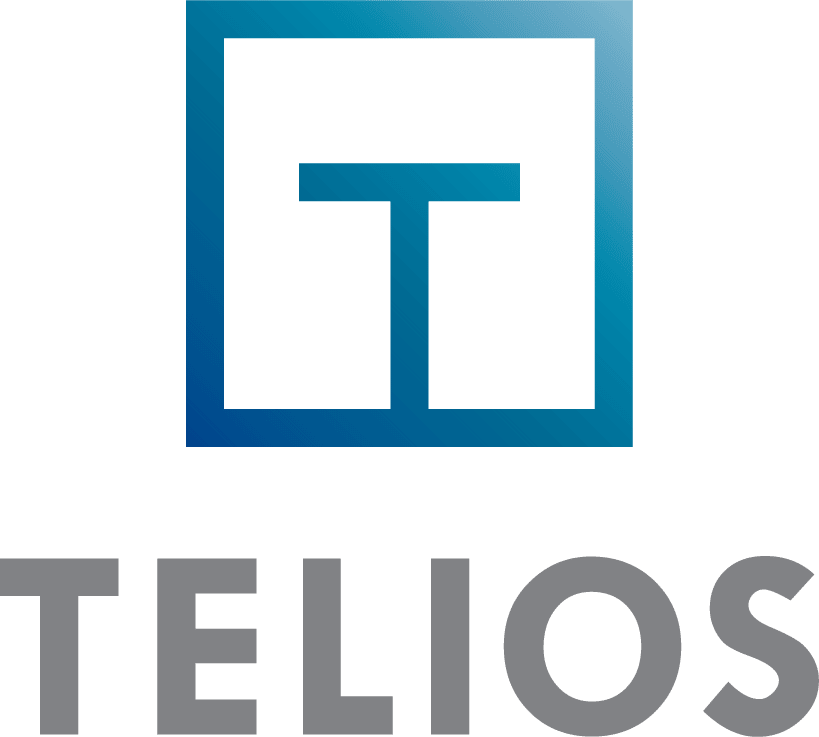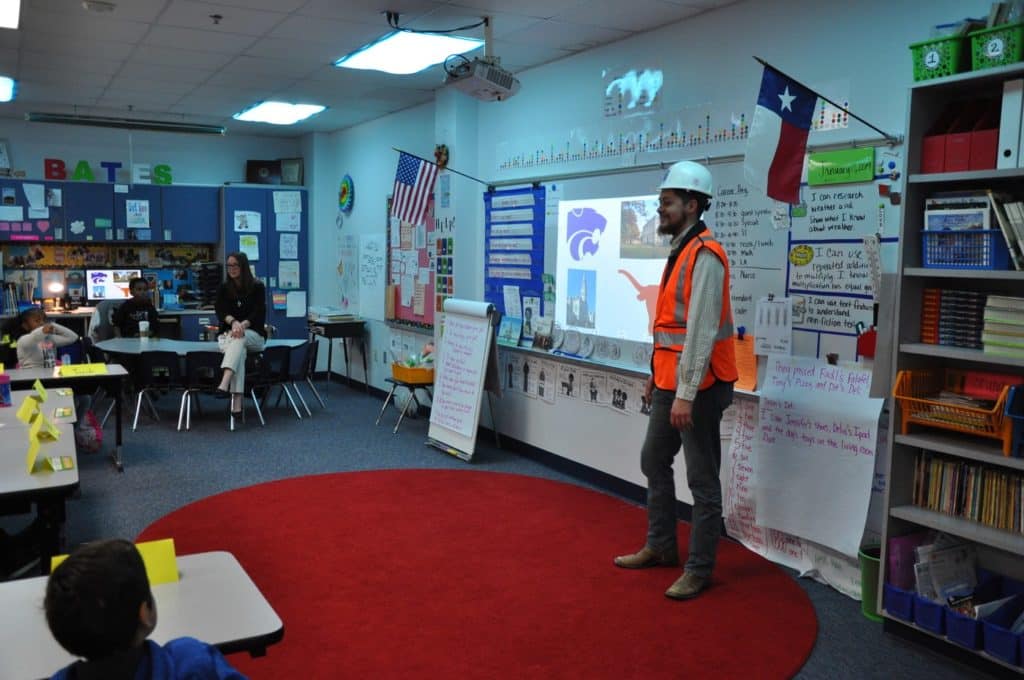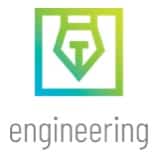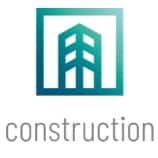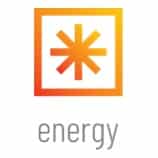By: Jameson P. Nyp, EIT
What is your formal education degree?
I received a Bachelors of Science in Architectural Engineering.
Did you join Telios out of college or a post-graduate program?
I was an intern in the summer of 2014 and came onboard as a full-time employee on the MEP Engineering team the following summer.
What first got you interested in pursuing Information Systems as a career?
I have always been interested in finding out how to use everything a software package has to offer. That lead me to get engaged on some software projects that were in early development that had the potential to increase my engineering and documentation efficiencies. It quickly became clear the skills I was learning in these new software platforms could be used to increase efficiency across the team. From there I spent the next year gaining as much knowledge as possible, and once I was at a point where I felt I had a rough framework for the overarching system design, I made the decision to approach Shannon to pitch the idea for it to become a full-time position.
Was it difficult to change careers?
I think there are always challenges in shifting direction in your career, especially when you move into a position outside your formal education. Early on there was rapid iterations on what the new position really encompassed, which I think is natural. It very quicky expanded to encompass a whole host of other responsibilities that didn’t historically fall into a single group’s court, and with each one of those new responsibilities came the requisite self-education. In all, it took almost 2 years to get fully ingrained in all the core aspects of an information systems role. Then came COVID and a fundamental shift on what was highest priority. Even today there are still additional elements of the position being added.
Did Telios help you foster and pursue your passions in this new direction?
They did. From day one, everyone was very supportive and worked to ensure the switch would be as successful as possible.
Are there similarities between I.S. and Engineering?
There most definitely are. As an information systems team, we work to create tools for our engineering team. As a part of the process, we work to distill engineering methods down to its programmatic basics. Then, as we are developing and testing tools we will run tens, if not hundreds, of tests where we create sample projects and engineer a sample design. Through these tests we will utilize multiple engineering methods to achieve the same objective to ensure proper operation of the tools across different design teams.
What is your advice to people who have forged a career in one direction and then decide to go another route?
Part of the beauty of your new position is the immense opportunity for continual growth. As your skills advance, those around you will come to rely on you for additional items. Don’t hold on to tightly to the initial job description. Embrace the change!
